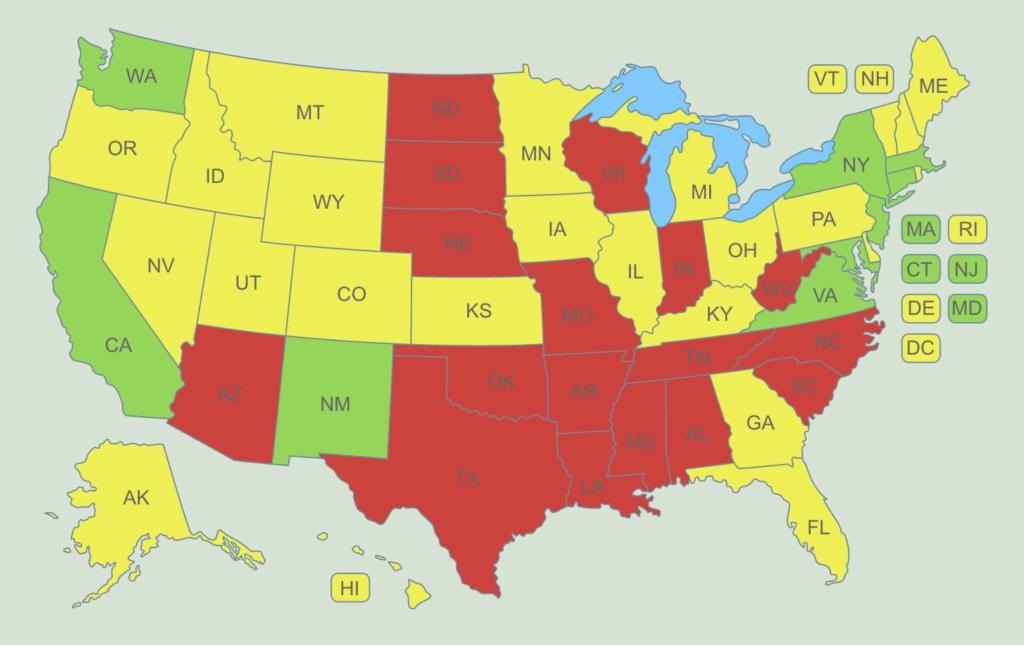-

MYA Network is Expanding Abortion Care
Imagine being able to get an abortion in the same ways you access typical medical care.

We founded MYA Network during the pandemic when 11 states took advantage of a public health crisis to deem abortion as non-essential care. It was our first glimpse of what was to come when the Dobbs decision took away our constitutional right to live the lives we choose.
We seized this challenging moment to rethink how we provide abortion care: what if we could access abortion from our primary care physicians, our midwives, or any other provider in the mainstream medical system?
While the siloing of abortion into segregated clinics has been historically necessary and heroic, it has also made it possible for politics to dictate the terms of medical care. We aim to implement our long-term vision of decentralizing abortion. This is founded on the revolutionary methods of telehealth abortion pills and Manual Uterine Aspiration. Our website links patients to primary care clinicians who provide these options.
We also work towards changing the culture of secrecy and isolation around abortion—thus our mission statement: to normalize abortion care, medically and culturally. Our most public-facing project to date, the Issue of Tissue, utilized photographs of early pregnancy tissue to combat misinformation about abortion. The photos have been featured in medical textbooks, social media, and news publications, including the New York Times and the Guardian.
Please invest in this vision of primary care-based abortion.
$23,644.00 donated
Donate
Your Donations Go Towards
Linking Patients to Clinicians
Public Education by Clinicians & Patients
Curriculum Design & Training
Growing Our Clinician Network
MYA Network is a project of The Community Health Promotion Project (CHPP), a 501(c)(3) EIN: 06-1646697. All donations are tax-exempt.
The Community Health Promotion Project is a 501(c)(3) Not-For-Profit launched in 2002 to promote the integration of comprehensive reproductive health services into primary care medical practices and support clinicians to establish these new models of patient-centered reproductive care.
Donate To Our Clinician-Led Effort
Our Goals
Increase access by mentoring clinicians to provide integrated abortion care.
Train and support clinicians to provide abortion care in their practices.
Expand the use of manual aspiration for treatment of abortion and miscarriage.
Ensure accurate medical information on abortion contributes to public conversations.
MYA Network is a project of The Community Health Promotion Project (CHPP), a 501(c)(3) EIN: 06-1646697. All donations are tax-exempt.
The Community Health Promotion Project is a 501(c)(3) Not-For-Profit launched in 2002 to promote the integration of comprehensive reproductive health services into primary care medical practices and support clinicians to establish these new models of patient-centered reproductive care.
